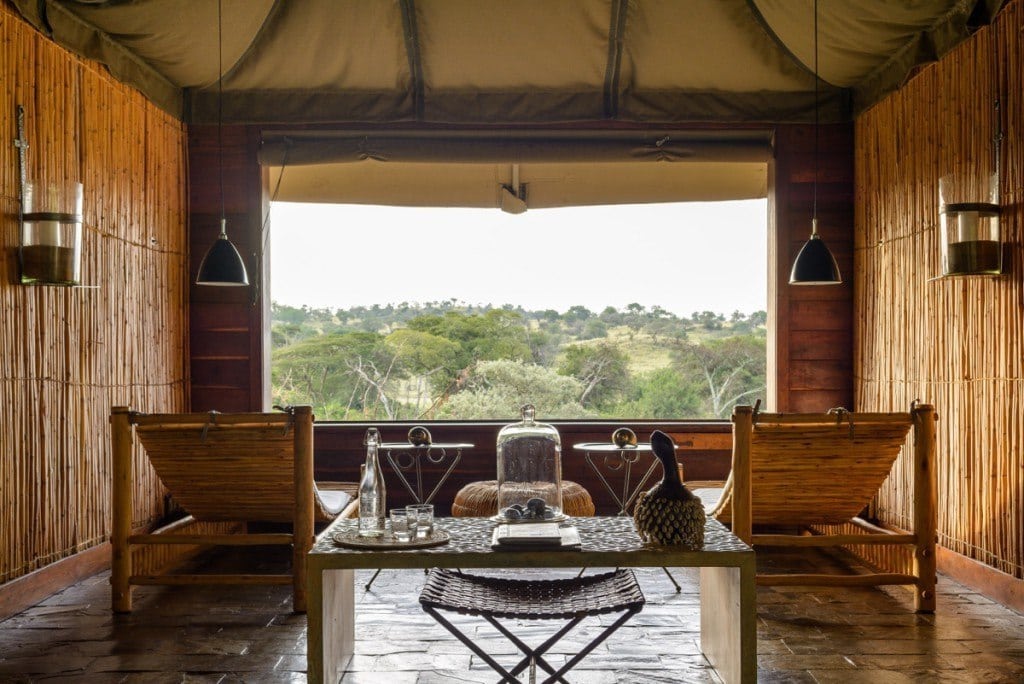The Rise of Luxury Wellness Tourism in Africa

Skift Take
An expanding definition of wellness experiences that includes self-actualization and adventure as much as farm-fresh meals and sophisticated spa treatments is positioning African destinations and operators to become the next leaders in the luxury wellness travel market.
Unlike Europe or Asia, luxury travelers don’t often head to Africa with a wellness-focused trip in mind – meaning destinations and hospitality companies there have traditionally missed out on the reportedly $3.7 trillion wellness industry, of which tourism contributes revenue of around $563.2 billion.
While luxury travel in Africa is still very focused on wildlife and wilderness, more luxury travelers are starting to seek wellness and holistic experiences in even the most remote destinations and luxury hospitality operators across the continent are asking themselves what a safari vacation or extreme outdoor adventure looks like through the lens of wellness.
Integrating Wellness into Luxury Safaris
Once indulgent holidays marked by gin and tonics and elaborate buffets, safaris are taking a two-pronged approach in introducing wellness.
Executives view wellness as experiences that reset travelers’ perspectives and priorities while also re-conceptualizing their spa and dining offerings.
“What has been interesting in our continued analysis of the guest experience is that ‘Wellness’ is not necessarily a separate quest – like visiting a hotel spa or detoxing on a particular health menu to meet one’s needs," said Tom Fels, CEO of safari lodge operator Singita. "What Singita offers is a holistic experience; in the space, the quiet, the integration with nature, our people, our purposeful conservation and community work, whilst accompanied by thoughtful and relevant
